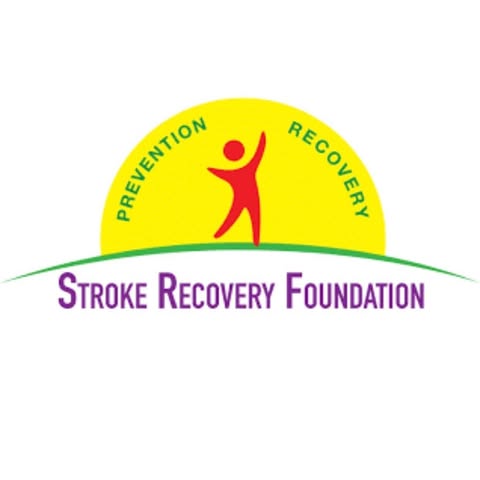
Stroke Recovery Foundation, Inc
I'm Bob Mandell, a stroke victor...because I won't be a victim. Here for all stroke victors, caregivers and family members. Views are my own, not medical advice Stroke Recovery Foundation’s (SRF) vision is to change stroke survivor and caregiver lives by extendi Stroke Recovery Foundation’s mission is to help achieve YOUR stroke success, whether it means: • Success preventing a stroke – professionals say 80% of strokes are preventable; • Success recognizing the signs and symptoms of stroke so that you can respond both rapidly and effectively; • Success maximizing your recovery, should you suffer a stroke, to create a constructive, independent and fulfilling “New Life”. Save a Life - Improve a Life! Our vision is to reduce the negative impact of stroke by a factor of 25% by 2030 in SW Florida and across America! Save a Life – Improve a Life!

ICO
472783922
3000
X (Twitter)
2559
Address
Naples
Stroke Recovery Foundation, Inc. | Stoke Prevention & Recovery The Stroke Recovery Foundation Our Mission Our mission is to help achieve YOUR stroke success Our Vision Our vision is to reduce the negative impact of stroke by a factor of 25 by 2030 in SW Florida and across America. Save a Life Improve a Life. Stroke Success Stroke Recovery Foundation The Path to Prevention Stroke Recovery About the Foundation Stroke Recovery Foundations mission is to assist stroke survivors to maximize their recoveries and to reduce the overall negative impact of this disease in SW Florida and across America. Stroke Recovery Foundation Inc.
From Social media
News about from their social media (Facebook and X).
Dear Supporters, Survivors, and Caregivers: If you are like me, you were besieged by Giving Tuesday emails yesterday. We decided to wait until the dust settled, and hope you have not totally emptied your giving checkbook. A GREAT QUESTION FOR YOU TO ASK IS – what do you do at SRF to warrant my support.
Like Comment
Data about organisation
Health Support Services Category
Organisations with similar rank to Stroke Recovery Foundation, Inc in category Health Support Services

Thresholds is one of the oldest, largest providers of mental health and substance use treatment in IL.

285. Stroke Recovery Foundation, Inc
Stroke Recovery Foundation’s (SRF) vision is to change stroke survivor and caregiver lives by extendi.
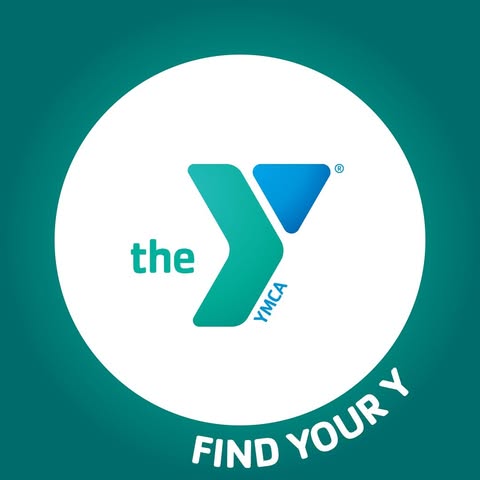
The Greater Holyoke YMCA is home to swimming, fitness, wellness, weights, racquetball, squash, aquatics, a preschool, biking, nutrition info and more.
Rehabilitative Medical Services Category
Organisations with similar rank to Stroke Recovery Foundation, Inc in category Rehabilitative Medical Services
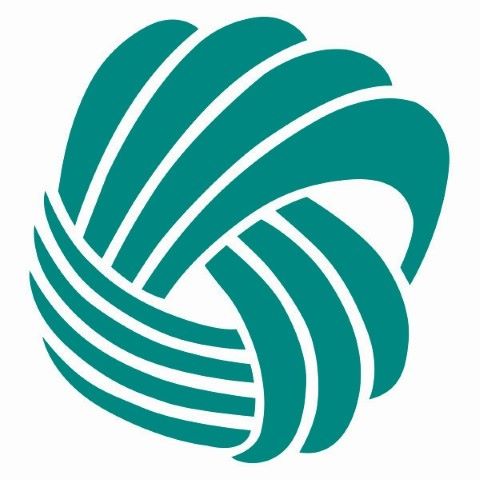
Gaylord is a health system exclusively dedicated to medical rehabilitation, we offer a comprehensive continuum of care.
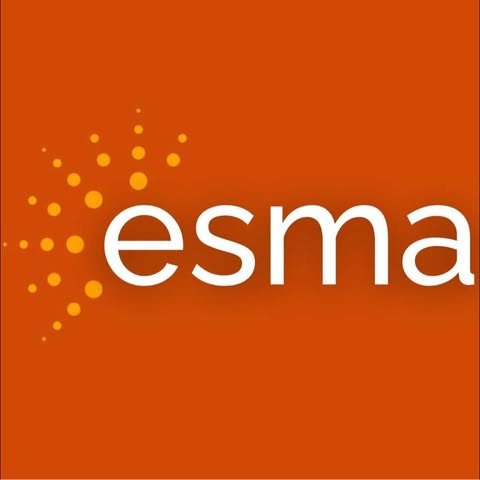
103. Easter Seals Massachusetts, Inc.
Easterseals Massachusetts is a nonprofit organization that provides essential programs and services to children and adults with disabilities.

104. Stroke Recovery Foundation, Inc
Stroke Recovery Foundation’s (SRF) vision is to change stroke survivor and caregiver lives by extendi.

106. Catholic Charities New Hampshire
Catholic Charities supports those in need, of all backgrounds and beliefs, throughout New Hampshire.
Community Health Systems Category
Organisations with similar rank to Stroke Recovery Foundation, Inc in category Community Health Systems

463. La Clinica de La Raza, Inc.
La Clínica is a premier community health center, rooted in the concepts of wellness, prevention and.

464. Stroke Recovery Foundation, Inc
Stroke Recovery Foundation’s (SRF) vision is to change stroke survivor and caregiver lives by extendi.
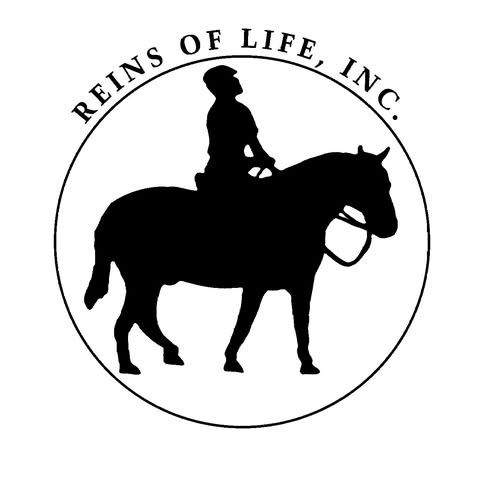
Smiles, learning, equine-assisted activities and therapies.
Naples
Organisations from Stroke Recovery Foundation, Inc

49. COLLIER COUNTY HONOR FLIGHT INC
Honor Flight Network is a non-profit organization created solely to honor America's veterans for all their sacrifices.
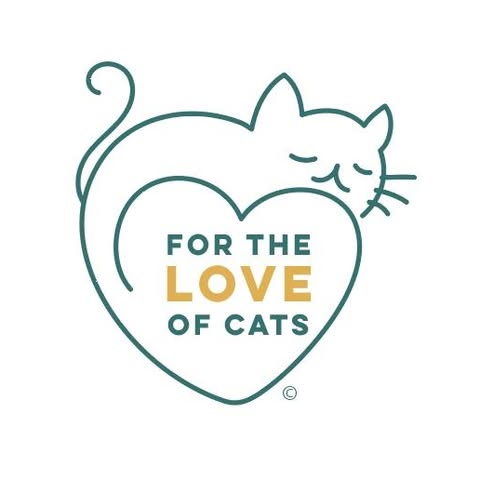
Lifesaving programs for cats and kittens in need throughout Collier County, FL.

51. Stroke Recovery Foundation, Inc
Stroke Recovery Foundation’s (SRF) vision is to change stroke survivor and caregiver lives by extendi.
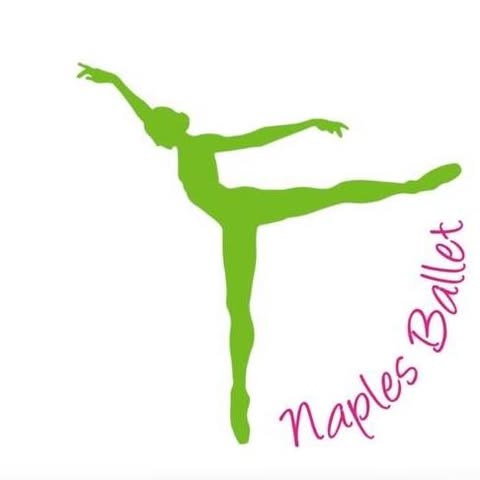
52. Naples Ballet and Company Inc
Welcome to the official Facebook page of Naples Ballet.

53. Golden PAWS Assistance Dogs
Golden PAWS Assistance Dogs make a difference and change lives every day in this community and beyond.
Similar organisations
Similar organisations to Stroke Recovery Foundation, Inc based on mission, location, activites.
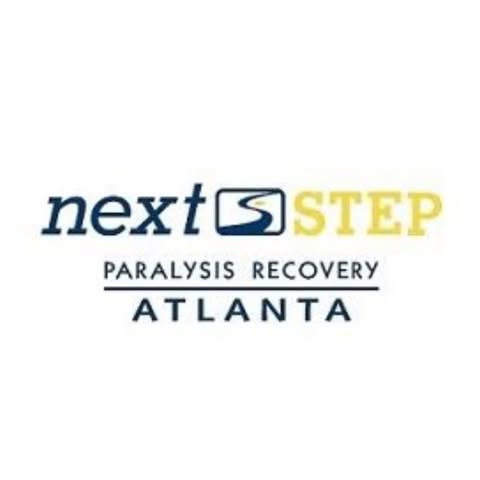
NextStep exists to provide an improved quality of life for individuals living with paralysis and other neurological conditions.
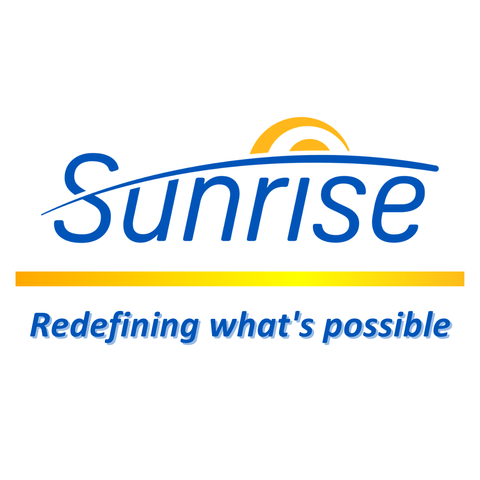
United Cerebral Palsy of Tallahassee, Inc.
Our mission is to create valued lives for people with disabilities.

Global Stroke Resource, Inc. dba Bcenter
Bcenter provides treatment resources, hope and direction to stroke survivors and families.
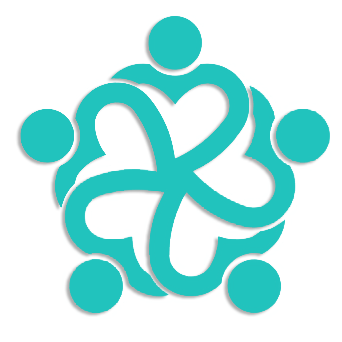
Established in 1987, we are the longest-running Suicide Survivor Support Group in Naples, Florida.
Similar Organisations Worldwide
Organisations in the world similar to Stroke Recovery Foundation, Inc.

Stroke And Disability Information Hunter Incorporated (au)
SADI provides education, support and advocacy to reduce the incidence of stroke and disability.

Stroke Recovery Association Inc (au)
Stroke Recovery Association NSW is a non-profit org for Stroke survivors, carers & their families.
Interesting nearby
Interesting organisations close by to residence of Stroke Recovery Foundation, Inc

Stroke Recovery Foundation, Inc
Stroke Recovery Foundation’s (SRF) vision is to change stroke survivor and caregiver lives by extendi.
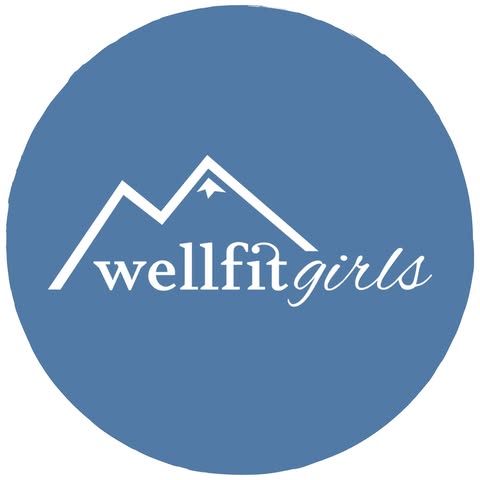
Wellfit Girls Program SWFL, Inc.
Wellfit Girls is a 501c3 nonprofit with the mission to inspire, challenge, and empower teen girls to climb high in all areas of life through transformational leadership programs.
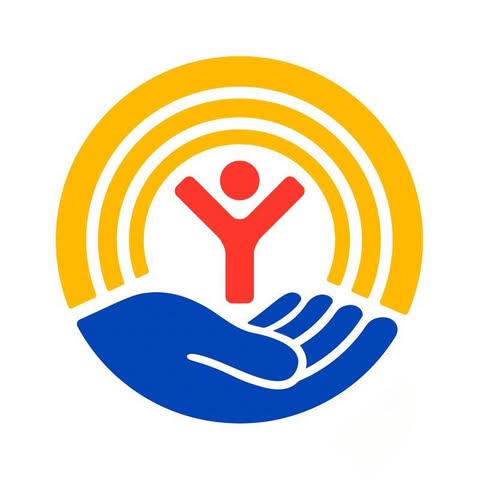
United Way of Collier and the Keys
A nonprofit dedicated to helping our neighbors in Collier & Monroe Counties.
Similar social media (5559)
Organisations with similar social media impact to Stroke Recovery Foundation, Inc

Texas Trees Foundation is committed to creating healthy communities, healthy trees, and healthy people.

76890. JEWISH COMMUNITY CENTER OF RICHMOND
The Weinstein JCC exists to provide the highest quality educational, physical, and spiritual wellness.

76891. Stroke Recovery Foundation, Inc
Stroke Recovery Foundation’s (SRF) vision is to change stroke survivor and caregiver lives by extendi.

Frontier Institute is dedicated to keeping Montanans free to build, create, and innovate.

76893. Memphis Restaurant Association
We are your key to an amazing Memphis dining experience.
Join us and make a difference for the future!
Sign Up
Please fill in your information. Everything is free, we might contact you with updates (but cancel any time!)
Sign in with GoogleOr
Good News
Exciting news from the scientific community: researchers in Czechia have developed a groundbreaking "superalloy" that can withstand extreme temperatures, paving the way for advancements in aviation and technology! #Innovation #PositiveNews
Scientists forge "superalloy" that refuses to melt
ScienceDaily
Like Comment

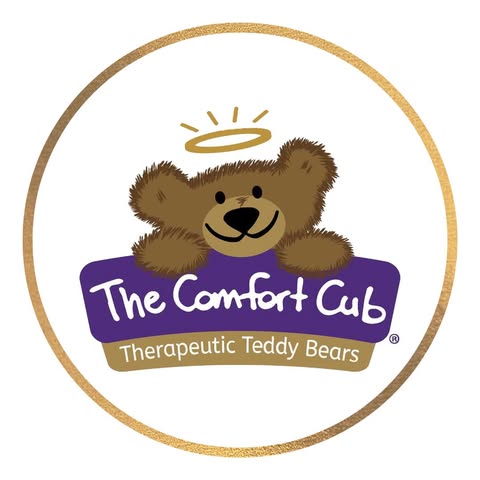
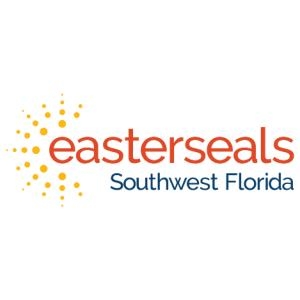












:max_bytes(150000):strip_icc():focal(749x0:751x2)/king-charles-III-queen-camilla-pope-leo-IV-vatican-102325-6-6fd07098ac81415d9762c396b9d60c41.jpg)
